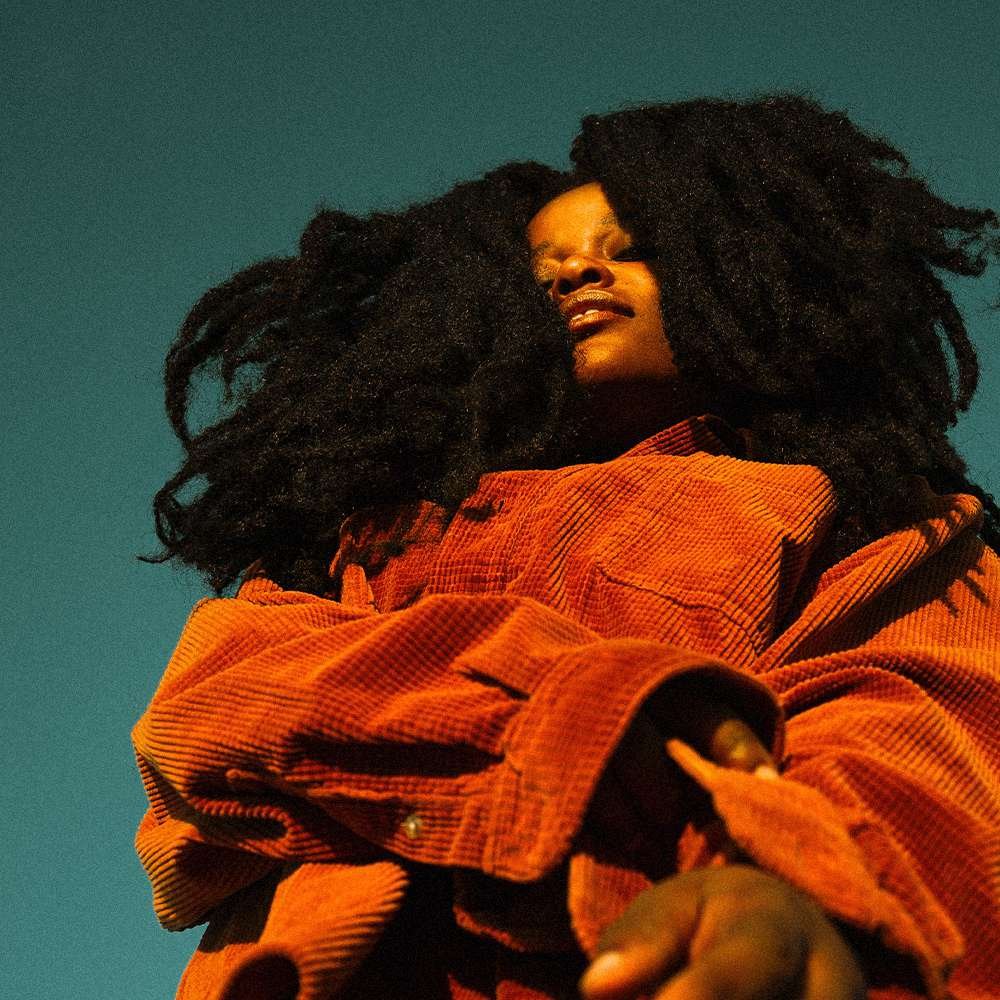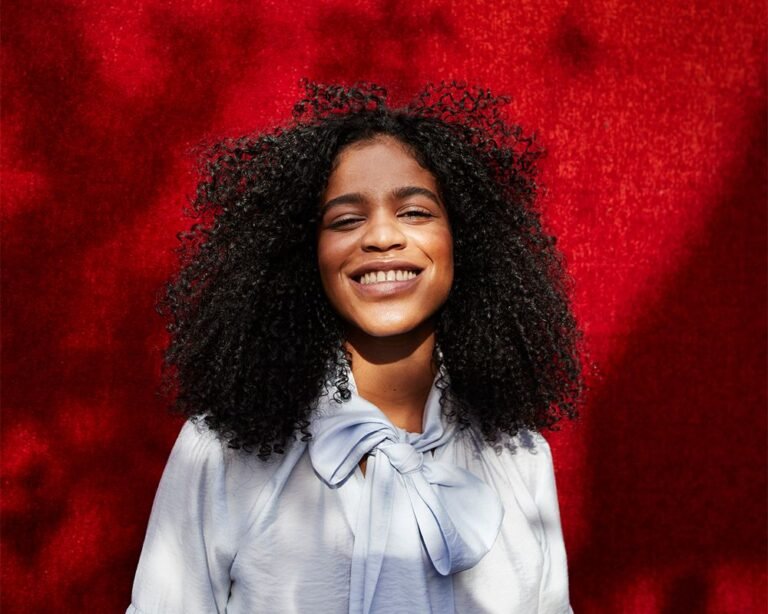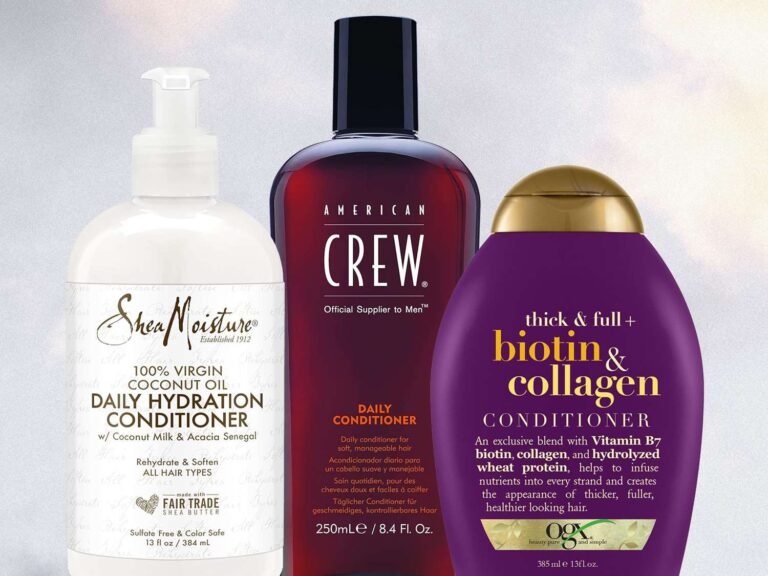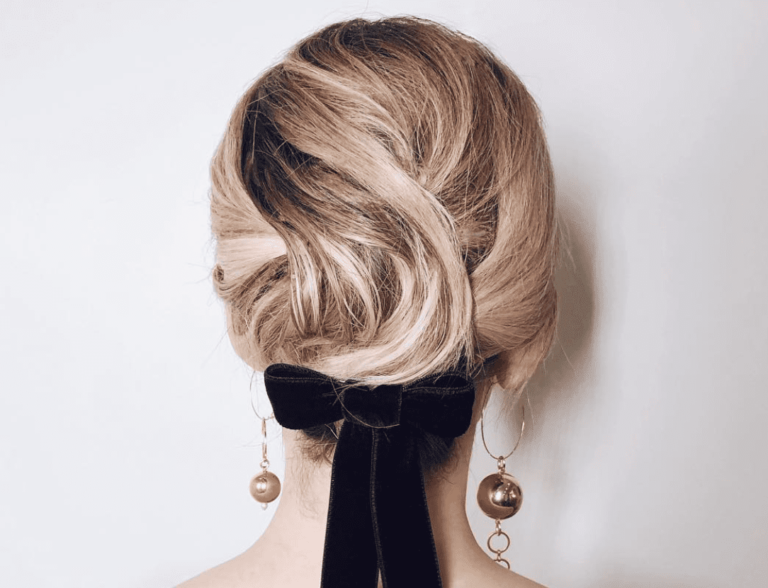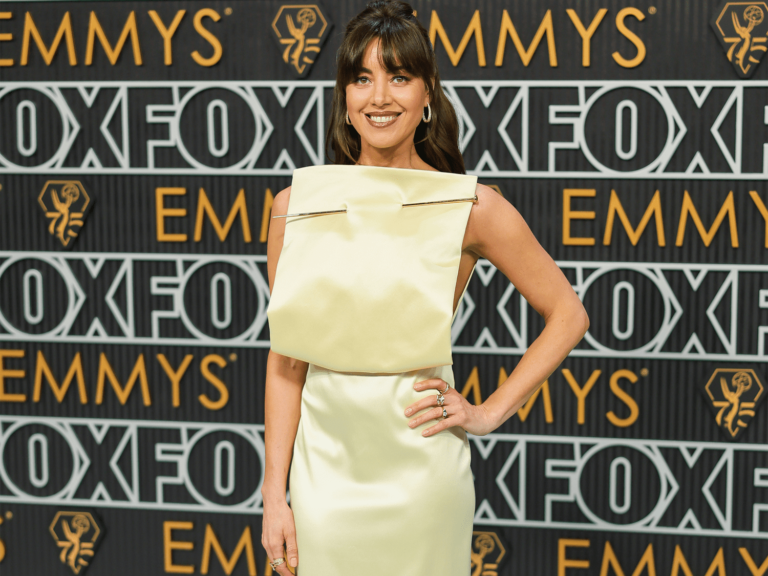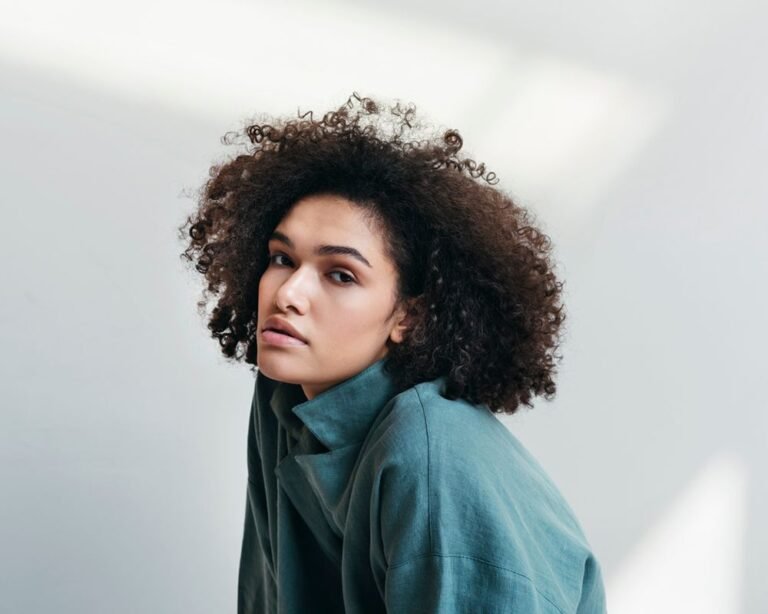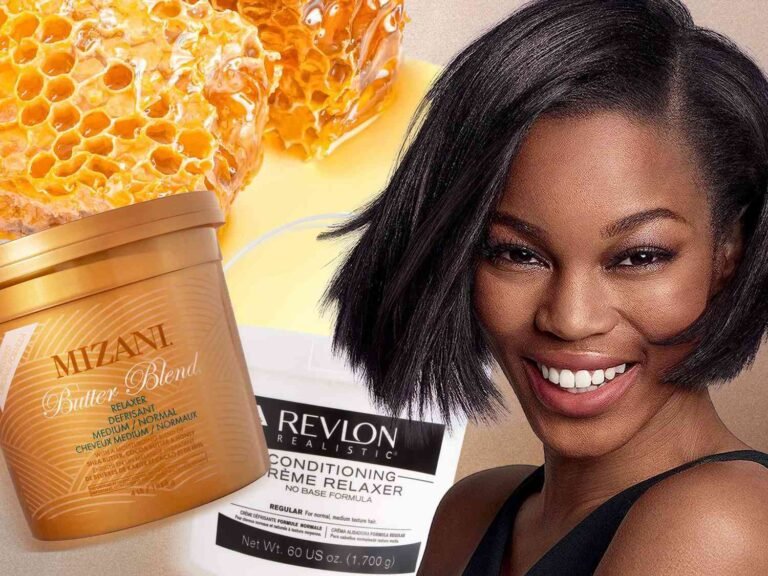It’s Time To Stop Criticizing Black Women’s Hair: Embrace Natural Beauty
Criticism of Black women’s hair should cease immediately to promote positivity and acceptance. In today’s society, Black women’s natural hair has been a subject of criticism and negativity for far too long.
It’s time to shift the narrative towards appreciation and celebration of the diverse beauty within the Black community. Embracing and empowering Black women to flaunt their natural hair, whether in braids, buns, or locs, is crucial for fostering inclusivity and dismantling discriminatory standards.
By recognizing the significance of Black hair and refraining from critical commentary, we can support a more inclusive and accepting environment where all voices are heard and celebrated. Let’s unite in ending the unnecessary criticism and embrace the beauty of Black women’s hair diversity.
:max_bytes(150000):strip_icc()/aimee-3-c5d7984be2de4300a8e02aaac71a3cc3.jpg)
Credit: www.byrdie.com
Understanding The Significance Of Black Women’s Hair
Importance In Black Culture
In Black culture, hair holds immense importance as it serves as a means of conveying messages about background, tribe, and status. Additionally, it documents significant life events such as childbirth, war drafts, and funerals. The care and styling of hair play a vital role in defining Black identities, allowing individuals and groups to express their personal style. Hair becomes an extension of one’s self, reflecting their heritage, individuality, and cultural pride. It is a symbol of resilience, creativity, and beauty within the Black community.
Expression Of Personal Style
For Black women, hair serves as a powerful tool to express their personal style. It provides an outlet for creativity and self-expression, allowing individuals to experiment with various hairstyles, textures, and colors. Whether it be embracing natural hair, adorning protective styles like braids, buns, or locs, or experimenting with wigs and weaves, Black women have the freedom to showcase their uniqueness and individuality through their hair. Each style chosen is a reflection of their personality, fashion sense, and cultural heritage.
In conclusion, Black women’s hair holds immense significance within Black culture. Its importance goes beyond just the physical appearance and plays a pivotal role in self-identification, cultural expression, and personal empowerment. It is time to celebrate and appreciate the uniqueness and versatility of Black women’s hair instead of criticizing it.
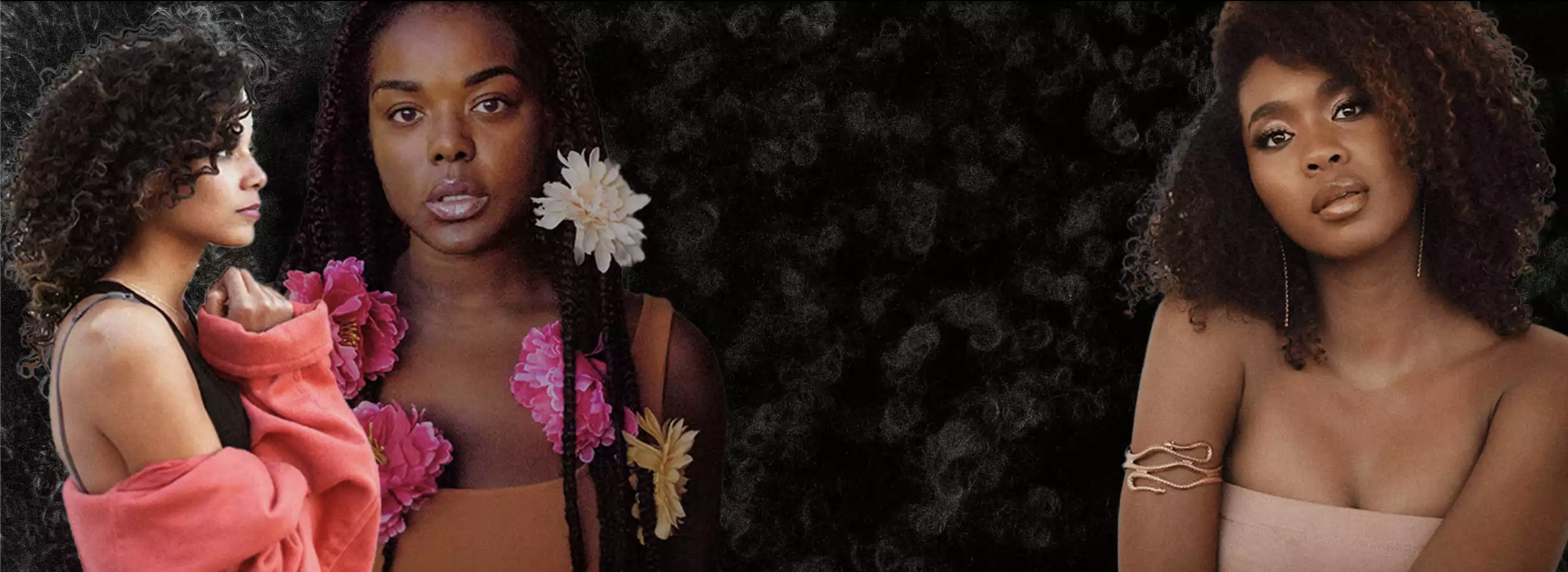
Credit: www.thecrownact.com
Challenges Faced Due To Hair Discrimination
When it comes to hair discrimination, Black women face numerous challenges that affect their professional and personal lives. The impact of hair discrimination on professional perception, as well as instances of discrimination, highlights the need to address this issue effectively. It is time to stop criticizing Black women’s hair and embrace diversity and inclusivity in all aspects of life.
Impact On Professional Perception
Black women often face bias and negative stereotypes in professional settings due to their natural hair. Society’s Eurocentric beauty standards have led to discrimination against natural Black hairstyles, which affects career opportunities and advancement. This unjust treatment creates a hostile work environment, leading to decreased confidence and overall job satisfaction for Black women.
Instances Of Discrimination
Instances of hair discrimination against Black women are widespread, ranging from educational institutions to corporate environments. School dress codes and workplace grooming policies often target natural Black hairstyles, subjecting women to unfair scrutiny and reprimand. This form of discrimination not only impacts individual self-esteem but also perpetuates systemic racism and inequality.
Call To End Criticism Of Black Women’s Hair
It is crucial to end the criticism of Black women’s hair, as hair plays a significant role in cultural identity and personal expression. Discrimination based on hair type should be eliminated to promote inclusivity and respect for diverse beauty standards.
Defying Societal Beauty Standards
The criticism of black women’s hair has long been rooted in society’s narrow beauty standards. These standards, often perpetuated by the media, dictate that certain hairstyles are more desirable and acceptable than others. This biased view not only undermines the natural beauty of black women’s hair but also sends a damaging message that their hair is not professional or presentable.
- Black women should not have to conform to Eurocentric standards of beauty.
- Wearing natural hair, whether it’s in its curly, coily, or kinky state, should be celebrated and embraced.
- It’s time to challenge these societal norms and promote inclusivity in our perception of beauty.
- By acknowledging and appreciating the diverse beauty of black women’s hair, we can break free from the limitations imposed on them for far too long.
Promoting Natural Beauty
Endlessly criticizing black women’s hair not only harms their self-esteem but also perpetuates a cycle of self-doubt and insecurity. It’s time to shift our focus towards promoting natural beauty and embracing the uniqueness of each individual.
Here’s why promoting natural beauty is crucial:
- It fosters self-acceptance and empowers black women to love and appreciate themselves just as they are.
- It encourages representation and inclusivity in various industries, including fashion, beauty, and media.
- It allows black women to celebrate their heritage and cultural identity through their hair.
- It inspires future generations to embrace their natural hair and feel confident in their own skin.
By encouraging the acceptance and celebration of black women’s hair, we can create a more inclusive and diverse society.
Negative Consequences Of Hair Criticism
Hair criticism against Black women can have detrimental effects, perpetuating discrimination and affecting self-esteem. Embracing diverse hair textures promotes inclusivity and celebrates cultural identities. Let’s shift towards appreciating and respecting Black women’s natural hair beauty.
Psychological Effects
Criticizing Black women’s hair can have severe psychological effects, leading to a negative impact on their self-esteem and mental well-being. When individuals receive constant criticism about their hair, they may start to internalize these negative comments, which can result in feelings of shame, inadequacy, and insecurity.
This constant criticism may cause Black women to develop a negative perception of their own hair, leading to self-doubt and a lack of confidence. It can also contribute to body image issues and a distorted sense of beauty standards.
Furthermore, consistent hair criticism can lead to increased levels of stress and anxiety. The pressure to conform to societal expectations can be overwhelming, creating unnecessary emotional burden and affecting their overall quality of life.
Workplace Impact
The negative consequences of hair criticism extend beyond personal life and have a significant impact on Black women’s professional lives as well. Hair discrimination in the workplace can result in unequal treatment, reduced opportunities, and a hostile work environment.
Black women may feel compelled to conform to Eurocentric beauty standards to avoid being subjected to hair-based discrimination. This pressure to alter their natural hair texture or style can be exhausting and time-consuming, taking focus away from their professional responsibilities.
Moreover, hair criticism in the workplace perpetuates biases and stereotypes, limiting the representation and advancement of Black women in various industries. It creates barriers to their career progression and hinders their ability to express their unique cultural identity in a professional setting.
Please note that this is not an exhaustive list of the negative consequences of hair criticism. The aim is to shed light on the psychological and workplace impacts that Black women face due to the criticism of their hair.
Empowering Black Women Through Hair Acceptance
Empowering Black women through embracing their natural hair is an important step towards self-acceptance and cultural pride. It’s time to stop criticizing Black women’s hair and celebrate its beauty and diversity, allowing individuals to express their identity without discrimination.
Embracing Diversity
Black women’s hair comes in diverse textures and styles, and it’s time to celebrate this diversity. Diverse hair is a beautiful reflection of the rich cultural heritage and individuality within the Black community. By embracing this diversity, we can dismantle outdated beauty standards and uplift the unique beauty of black women’s hair.
Fostering Self-confidence
Encouraging black women to embrace their natural hair fosters self-confidence. Natural hair acceptance empowers women to embrace their authentic selves, boosting self-esteem and challenging societal norms. This empowerment journey through hair acceptance is crucial for building confidence and embracing one’s true identity.
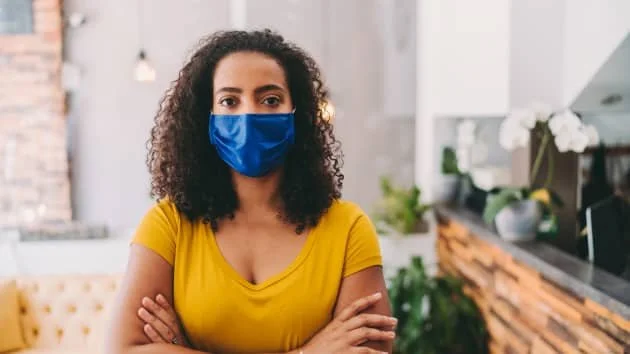
Credit: www.thecrownact.com
Educating On Cultural Sensitivity Towards Black Hair
Educating on Cultural Sensitivity Towards Black Hair is crucial for promoting understanding and respect for Black hairstyles.
Respecting Boundaries
Respecting boundaries means refraining from making unsolicited comments or touching a Black person’s hair without permission.
Importance Of Acceptance
Accepting Black hairstyles as natural and beautiful reflects cultural diversity and encourages inclusivity.
Celebrating Natural Black Hairstyles
Embracing the beauty and uniqueness of natural Black hairstyles is a powerful celebration of cultural identity and diversity.
Highlighting Beauty Variance
Black hair comes in a myriad of textures and styles, each representing a unique expression of beauty and individuality.
- From coils to curls, kinks to waves, each natural hairstyle exudes a sense of beauty that deserves admiration.
- By highlighting the beauty variance in Black hairstyles, we uplift and empower Black women to embrace their natural hair with pride.
Encouraging Versatility
Encouraging versatility in Black hairstyles fosters creativity and self-expression, allowing individuals to showcase their personality through their hair.
- From afros to braids, twists to protective styles, the range of natural Black hairstyles offers a canvas for endless possibilities.
- By promoting versatility, we break free from societal norms and celebrate the diverse ways in which Black women choose to style their hair.
Moving Towards Inclusivity In Beauty Standards
Moving towards inclusivity in beauty standards means putting an end to the criticism of black women’s hair. Hair is an important part of black culture, allowing individuals to express their personal style and identity. It’s time to embrace and celebrate all hair types and put an end to discrimination based on hair.
Promoting Inclusive Representation
One of the crucial steps towards moving towards inclusivity in beauty standards is promoting inclusive representation. It’s important to acknowledge and celebrate the diverse range of beauty that exists, including different hair textures and styles. By showcasing a variety of Black women’s hair in media, fashion, and advertising, we can start to break down the narrow and often Eurocentric beauty ideals that have dominated for far too long.
By featuring Black women with natural hair, braids, locs, or any other style of their choice, we not only validate their individual beauty but also send a powerful message to society. This message states that Black women’s hair is beautiful, diverse, and deserving of equal respect and admiration.
Achieving inclusive representation requires a collective effort from brands, media platforms, and individuals. Brands should actively seek out and collaborate with Black models and influencers, ensuring that their advertising campaigns and product launches reflect the diversity of their customer base.
Media platforms have a significant role to play in promoting inclusive representation. By featuring diverse models, celebrities, and influencers on their covers and in their editorials, they can challenge the existing beauty norms and inspire others to embrace their own uniqueness. Moreover, by highlighting the stories and experiences of Black women and their hair journeys, media platforms can help create a more empathetic and understanding society.
Supporting Empowerment Movements
Another vital aspect of moving towards inclusivity in beauty standards is supporting empowerment movements. These movements, such as the natural hair movement, have emerged as powerful channels for Black women to reclaim their identity and challenge societal norms.
Through social media, women have been able to share their hair stories, showcase their unique styles, and support and uplift one another. Platforms like Instagram and YouTube have become virtual communities where Black women find inspiration, advice, and a sense of belonging.
It’s essential for individuals to get involved in these empowerment movements, whether through participating in online discussions, attending events, or supporting Black-owned businesses that cater to diverse hair textures and needs. By amplifying the voices of Black women and their experiences with hair, we can help dismantle the negative stereotypes and biases that have perpetuated for far too long.
In conclusion, moving towards inclusivity in beauty standards requires promoting inclusive representation and supporting empowerment movements. It is our collective responsibility to challenge the existing norms and create a society where Black women’s hair is not only accepted but celebrated in all its diverse beauty.
Frequently Asked Questions
Why Is Hair Important To Black Culture?
In black culture, hair is important for expressing personal style and identity. It can convey messages about background, tribe, and status, and document life events like childbirth and funerals. Black hair is also protected to prevent discrimination based on natural styles like braids and locs.
Is A Black Woman 80% More Likely To Change Her Natural Hair To Meet Social Norms Or Expectations At Work?
Yes, black women are 80% more likely to change their natural hair to meet work expectations.
What Is Discrimination Based On Hair Color Called?
Discrimination based on hair color is called colorism and refers to bias against individuals with particular hair colors.
Faq 1: Why Is Hair Important To Black Culture?
Hair holds significant cultural value as it communicates messages about heritage, tribe, and social status. It serves as a form of self-expression, allowing black individuals and communities to showcase their unique personal style and identity. Hair also documents important life events like childbirth, wars, and funerals, making it an integral part of black culture.
Conclusion
In a world striving for diversity and inclusion, it’s imperative to embrace all forms of beauty, including Black women’s hair. By acknowledging and celebrating the unique beauty of Black hair, we can create a more inclusive and accepting society. Let’s challenge the stereotypes and empower Black women to embrace their natural hair with pride and confidence.

